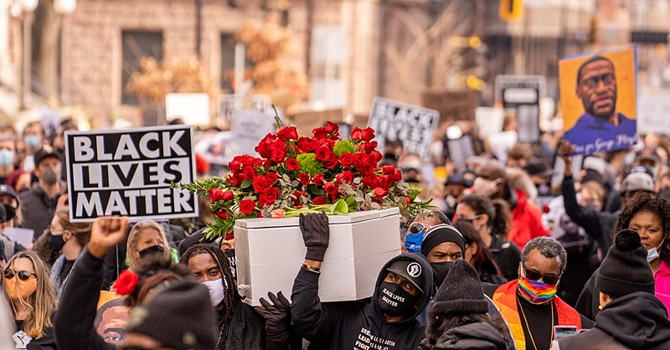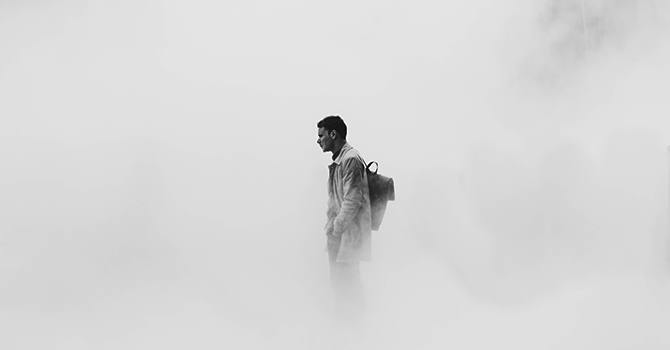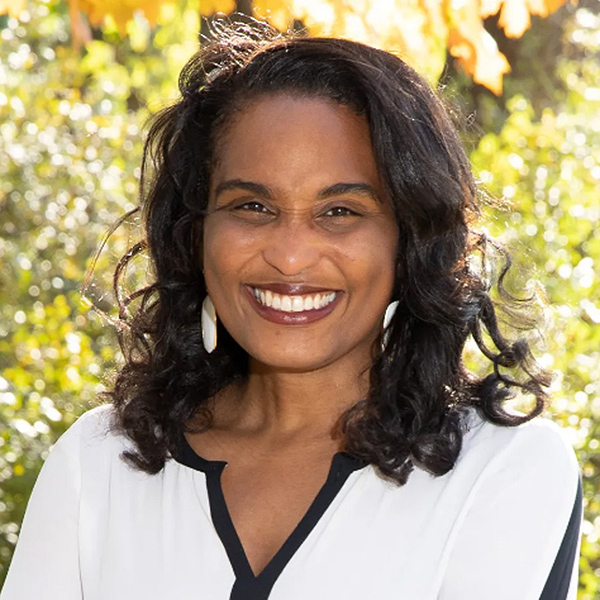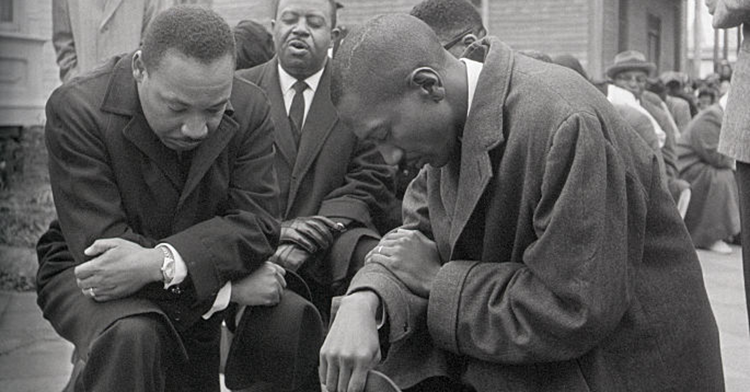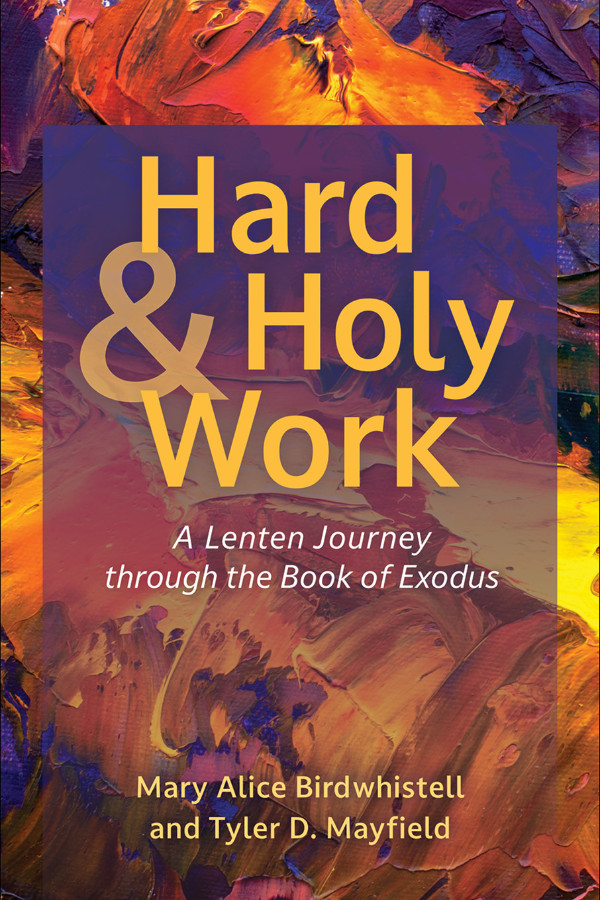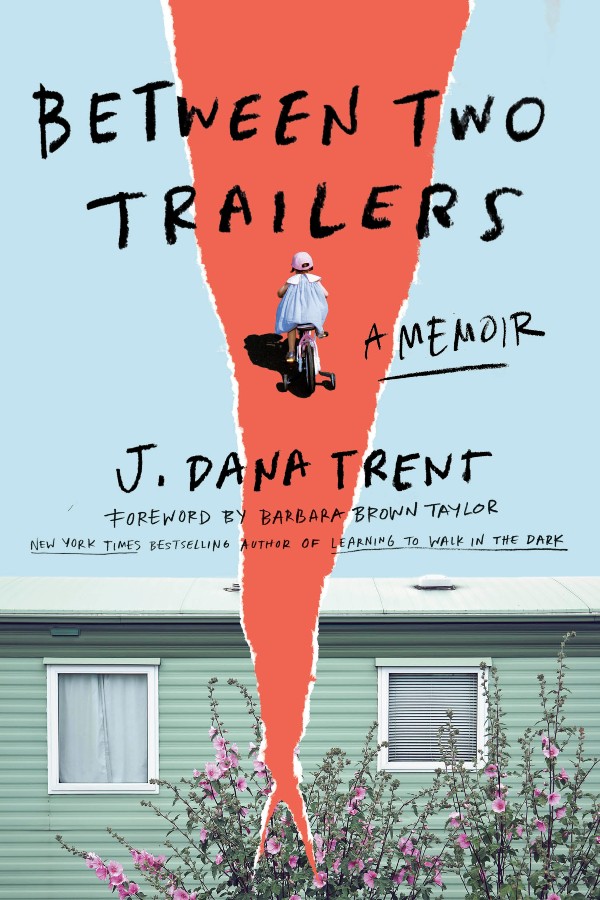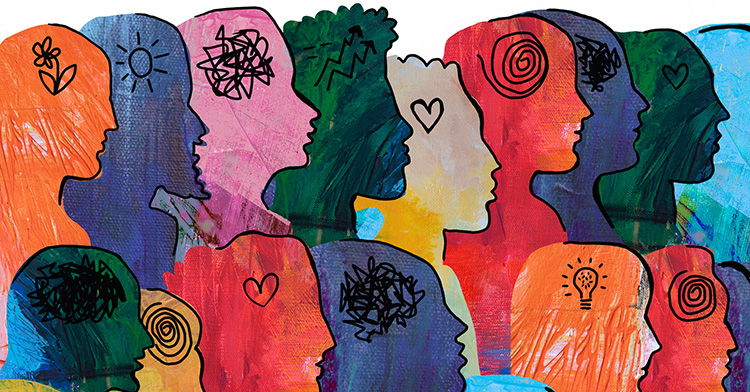I didn’t set out to watch the video, but I saw it anyway -- infinite minutes of agony.
I did not intend to witness yet another brother dying on the pavement. I didn’t seek to hear someone with brown skin like mine struggling for his last breath.
But avoiding it became impossible. Looking at social media or turning on the news meant being accosted by the images.
I grappled with yet another reminder of the violence of racism. I watched as protestors took to the streets, their anguish and anger fueled by the continual losses of people of color, particularly Black folks, whose deaths at the hands of those in power are minimized and disregarded.
I had planned not to watch videos of another person who looks like me dying, because as a psychologist, I knew the cost of repeated vicarious trauma. And as a Black woman, I knew that the only way I would be able to function would be to avoid such horror.
And then, in May, I heard George Floyd cry out for his mother as he died.
The terror of racism is enough, but to have it preserved on an endless loop is to be reminded of how perilous it is to be Black in America. Trauma upon trauma.
It is unnatural to watch a murder on replay.
Simply trying to survive racism is exhausting enough; add to that the repeated, unavoidable witnessing of another human’s death, and the exhaustion escalates and intensifies almost beyond bearing.
Because this happens again and again, we know the drill. A video is released; outrage ensues. Within 24 hours, the villainization of the victim begins and the gaslighting of those who demand justice follows.
We reckon both with the horror of the loss of our family and with the pain of the invalidation that follows. Racial trauma resides in our DNA; it courses through our nervous systems; it exhausts our spirits.
This is the trauma that leads to anxious watchfulness over our children, to fervent, restless prayer for the safe return of our fathers, husbands and brothers when they are late arriving home. This is the trauma that weathers our bodies and our souls, literally shortening the amount of time we are expected to spend on this earth.
This repeated violation leaves us feeling unsafe, unheard and unprotected. It seeds a buzzing hypervigilance in our bodies and in our spirits. The constant miscarriage of justice coats our mouths with the bitter taste of cynicism as we reckon with the fact that the justice system has sided with the status quo against us again and again. Trauma upon trauma.
James Baldwin put it so simply and so truthfully: “To be a Negro in this country and to be relatively conscious is to be in a state of rage almost, almost all of the time.” We do our best to tame this rage, to go on about our lives and seek joy wherever we can find it.
Sometimes the only way is to cut it out of our awareness and push it down until it bubbles up again. It is this rage that has fueled protests all over the world. It is also this rage that keeps alive flickers of hope despite what history tells us.
With cynicism, rage and wariness, we monitored Derek Chauvin’s trial. I didn’t dare openly expect a guilty verdict, because I could not bear crushing disappointment again. Repeated trauma has a way of eroding our optimism like that; if we manage to hold on to it, we keep it secret and protected, lest someone threaten to snuff it out.
I knew that no matter how many community members wept, how many experts made it plain, or how much video was shown, there were no guarantees. Chauvin’s own former colleagues testified to the excess of his actions. Charles McMillian and Darnella Frazier sat on the stand sobbing as they bore witness to Floyd’s death and their attempts to intervene, forced to relive that horror in an effort to do after his death what they could not do in his life. Trauma upon trauma.
Yet even as this trial played out, another Black man was killed by police mere miles from where Floyd died. Daunte Wright would not go home to his son after what should have been a routine traffic stop. Trauma upon trauma.
We waited and braced ourselves as the jury deliberated. Between the news that a verdict had been reached and its announcement, I willed myself to breathe. I braced for disappointment but hoped for the first steps toward accountability.
The celebrations that followed the guilty verdict were tentative and unsteady. George Floyd is still dead, and nothing can restore him. After the rush of relief immediately came the awareness that this is one “success” in a constellation of letdowns and injustices.
This one verdict will not and cannot change a violent and racist system. The proof of this harsh reality was evident throughout the trial with the deaths of at least 64 people -- more than half of them Black or Latino -- at the hands of police between March 29, when trial testimony began, and its end. And on the day of the verdict itself, before we could lay our heads down for some semblance of rest, 16-year-old Ma’Khia Bryant was slain by law enforcement officers in Ohio after her family said she had called police for help.
This verdict is a short-lived victory in an endless, exhausting struggle to survive.

